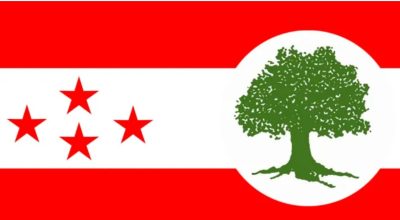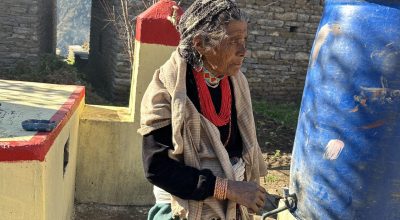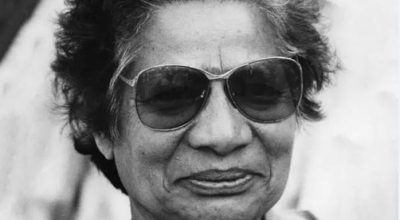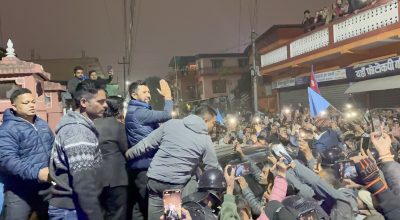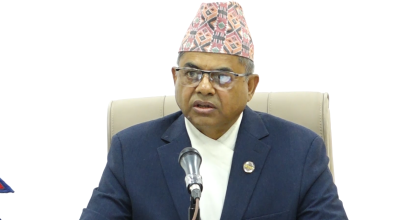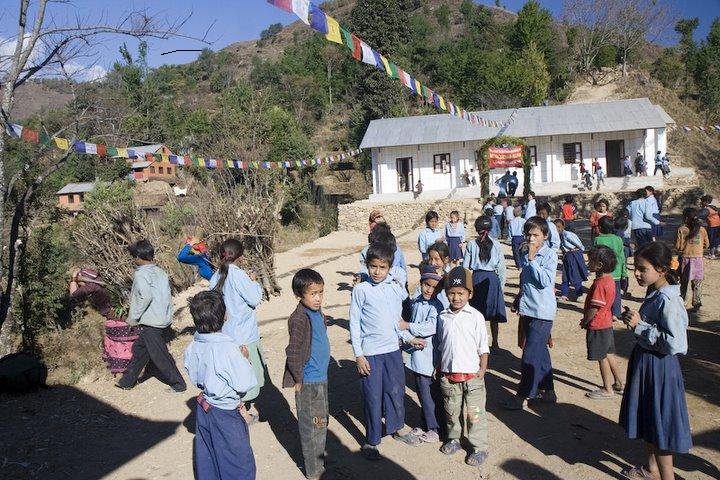
Kathmandu, Aug 27: Any side organizing strike leading to the closure of school for vested interest and disturbing the studies of children will be onwards liable for a penalty of 50 thousand rupees. Clause 7 (8) of the Act Related to Children provides for legal action against any side closing the school by means of strike.
Although schools have been closed due to this reason at different times even after the Act’s coming into effect, no such action has been taken against any party as no complaints have been filed against them so far.
The Clause 7(8) of the Act states that the school including its premises, services and facilities should not be attacked or their operation and management obstructed in any way during the time of armed conflict or whatever unfavourable situation. The Clause 72 of the Act provides for action.
A meeting of the Council of Ministers, on May 25, 2011, passed the concept of School as Zone of Peace and also issued the ‘School as Zone of Peace National Framework and Implementation Guidelines, 2011’.
This step was taken with the conclusion of the Comprehensive Peace Accord (CPA) signed between the then government and the Maoist rebels on November 21, 2006 after a decade of conflict in the country.
Child rights activist Tarak Dhital said the Guidelines has had its promotional impact and the introduction of the Act has come as an appropriate legal instrument for the protection and enhancement of children’s rights including their right to unhindered education.
He stressed on promoting the culture of filing complaints against those enforcing school closure and organizing general strikes in school resulting in hampering the children’s education.
Dhital is one of the members of the Guidelines review panel.
A new provision has been proposed in the Action Plan contained in Chapter 3 of the Guidelines which requires the parents, teachers and any member of the general public to immediately inform the nearest police office or the agency concerned in case one has any information on the infringement of the rights of the child or the possibility of the same. It also stresses on developing the culture of peace.
The Guidelines has been issued with the goal of making the schools free from armed activities, violence, party politics and other interferences, discriminations, mistreatment, neglect and exploitation.
Similarly, it is proposed that acts like harassing, threatening and bullying the children and disseminating wrong information using the electronic communications media including telephone, internet and online or any other means should not be done.
Consultations are currently being held with the collaboration of United Nations Children’s Fund (UNICEF) and the Global Education in order to make the Guidelines compatible with the federal system, policies and laws.
The draft of the Revision to the Guidelines states that a mechanism would be formed for the implementation, monitoring and reporting between the federal, provincial and local levels as regards its effective implementation.
The topics like developing the practice of determining the zoning of the service areas by controlling the practice of bringing children to school by bus from far taking long time causing inconvenience to them and preventing activities as obstructing and damaging the school vehicles carrying children have also been added in the draft.
Director General of Centre for Education and Human Resources Development, Baburam Poudel, said that the guidelines would be revised on the basis of received suggestions by reviewing as per ruling system and state mechanism.
He clarified that there should not be any obstruction to students in teaching learning activities.
Centre Director Gehanath Gautam said that School as Zone of Peace have become successful in view of its implementation in 28 districts so far and it would be effectively implemented in all districts in coming days.
Around 7.8 million students of community and private schools are directly affected while closing schools for a day.
A study report carried out by Education Journalists Group in 2017 reads that 145 incident had occurred affecting teaching learning activities in one year.
The existing Education Regulations has a provision that schools should be opened at least 192 days in a year.
Founding Chairperson of Children as a Zone of Peace (CZOP) National Campaign, Krishna Subedi, stressed the need of revision on the guidelines as a time when the guidelines have not been taken to all schools so far.
Similarly, Chairperson of Nepal National Teachers’ Association, Laxman Sharma, demanded policy-level protection to stop activities carried out against professional welfare of teachers.
CZOP was formed in 2003 from citizen’s level at a time when there was violent activities and political interference from government and rebel side at schools during armed conflict period.






